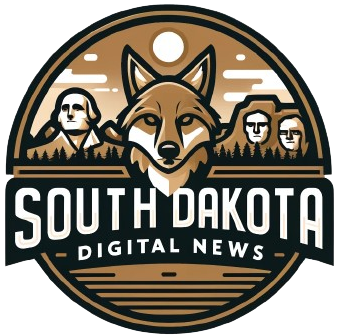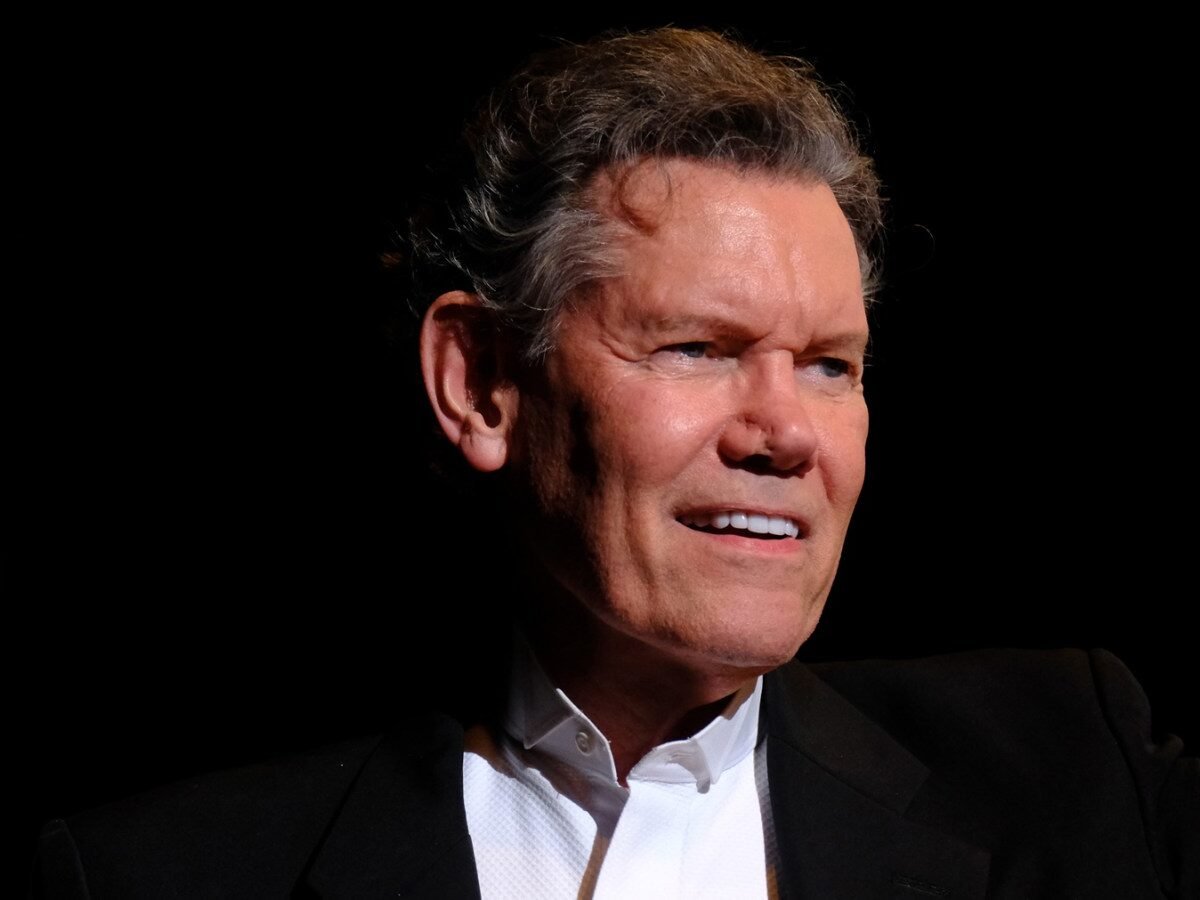Randy Travis‘s AI voice-clone song “Where That Came From” has officially landed the singer on the Billboard Country Airplay chart. It’s his first radio-charting song in about 20 years, according to the singer’s team.
“Where That Came From” marked Travis’s first new song since he suffered a near-fatal stroke back in 2013 that robbed him of most of his singing ability. His longtime producer Kyle Lehning used AI tech to overlay decade-old lyrics originally performed by country singer James Dupré with Travis’s vocal sound.
The track is one of the very first artist-sanctioned uses of their likeness for a commercially released AI song. Dupré, meanwhile, is being credited as the “vocal bed” on the record, according to Warner Nashville, the first time such a credit has been used.
The song debuted on the Country Airplay chart — which exclusively measures radio play, not streaming or sales numbers — at Number 45, with about 3.3 million first-week streams, per Travis’s rep.
Speaking with Rolling Stone last week, Dupré said that he didn’t know his vocals were the source of the recording until after he heard the song for the first time. “The fact that that is possible has really been eye-opening for me,” Dupré said. “I immediately knew that it was a big deal because I knew that this kind of thing had never happened before. I was excited from the get-go to see what would happen with this.”
AI is currently among the most pressing topics in the music industry, and artists and record labels are exploring how to ensure that their copyrights and likenesses are protected while also allowing them to use the technology to streamline the artistic process. FKA Twigs revealed this month that she’s developed an AI deepfake of herself to interact with her fans.
Travis’s AI song is one of many tracks that have surfaced in the past several years, shocking listeners that such songs are even possible. While in this case the artist was on board, for the most part AI vocals have been controversially created without permission from the artist or copyright holders.
Drake for instance — whose voice was used on the infamous “Heart on My Sleeve” from the anonymous songwriter Ghostwriter — used the tech to create AI-generated Tupac Shakur vocals on his Kendrick Lamar diss track “Taylor Made Freestyle,” but Shakur’s estate issued a cease-and-desist, and the song came down.





